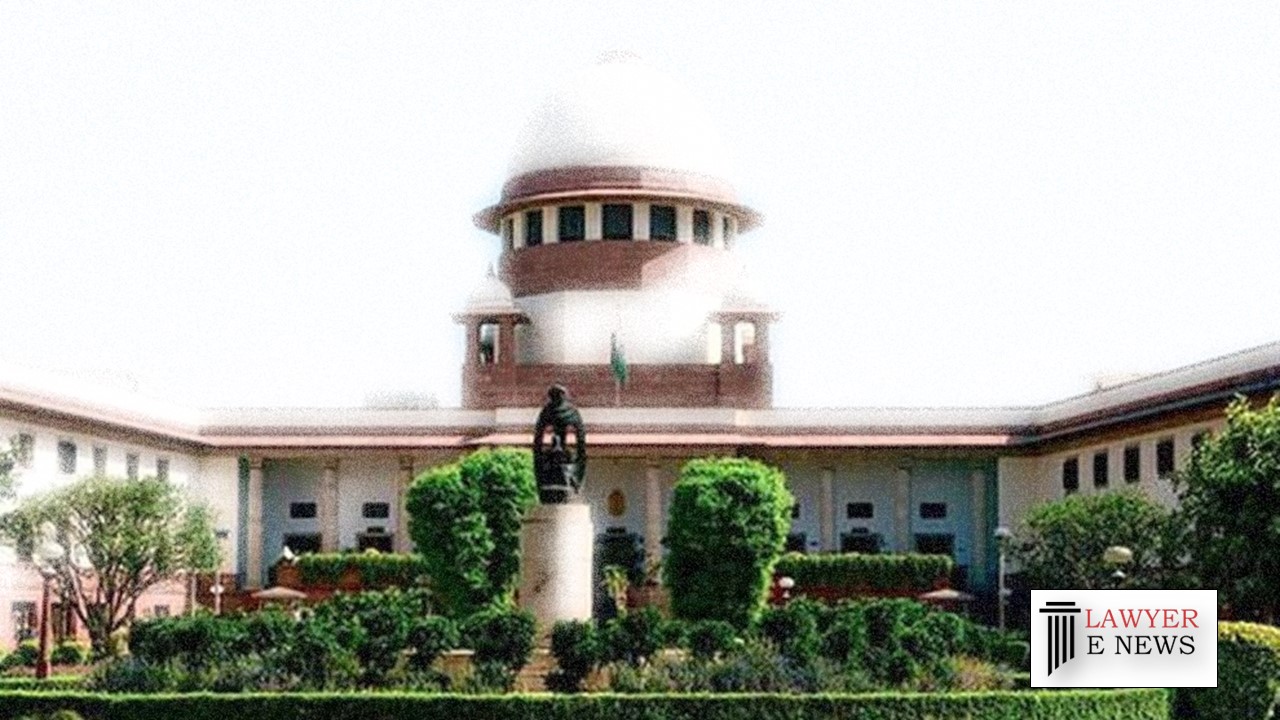-
by Admin
15 February 2026 5:01 PM



In a landmark decision, the Supreme Court of India has intervened to reduce an excessively high bail amount, emphasizing the importance of ensuring that bail conditions are reasonable and do not infringe on the constitutional right to life and personal liberty under Article 21. The petitioner, a retired office clerk, challenged the bail amount set at Rs 10 lakhs, which was beyond his financial capability.
The petitioner, accused under various sections of the Indian Penal Code, including fraud and criminal conspiracy, was unable to secure release due to the high surety amount set by the High Court and the Additional Chief Judicial Magistrate, Prayagraj. Following his inability to furnish the surety, the petitioner approached the Supreme Court, citing an infringement of his right under Article 21 of the Constitution.
Purpose of Bail and Surety: The Court noted that the fundamental objective of bail is to ensure the accused’s presence during the trial. Setting an exorbitant bail amount contradicts this purpose and infringes upon personal liberty.
Impact of High Bail Amount: The Court observed that the petitioner, a retired office clerk, continued to be incarcerated despite the High Court’s order for release on bail, solely due to his inability to meet the high financial demand of the surety.
Interpretation of High Court’s Order: The Supreme Court remarked that the High Court’s directive for a “heavy surety” should have been reasonably interpreted by the trial judge, considering the petitioner’s economic status.
Decision: The Supreme Court ordered the reduction of the surety and personal bond from Rs 10 lakhs to Rs 25,000. This decision underscores the Court’s commitment to ensuring fair and reasonable interpretation of bail conditions, in line with the principles of personal liberty enshrined in the Constitution.
Date of Decision: 15th March 2024
Ashok Sandeep Singh vs The State of Uttar Pradesh
